We should start at the beginning, when Talia is a just girl whose name few care to know. A troublemaker constantly getting into fights, with nowhere to truly belong. The First Home is the best one, but the young couple don’t have the means to adopt the girl, no matter how much they love her. It’s the worst rejection of the girl’s young life—a validation of the creeping, insidious suspicion she’d had that she was unlovable.
The Second Home doesn’t do much to help. There are nine kids crowded into a four bedroom house with a leaking roof and broken floorboards, situated in a neighborhood just as run-down.
The mother calls the girl “Mary,” which is what she calls all the girls under her care because she can’t be bothered to learn their names. The father tells all the children in a stern voice “stay out of my way” and spends most of his time out of the house, coming home in the pale hours of the night smelling like cheap bars.
They collect the money that the city gives them and leave the children to fend for themselves, as if the entirety of Lord of the Flies was contained within three small bedrooms and one barely-stocked kitchen.
The girl throws her first punch over the last piece of bread in the cupboard, and it’s a defining moment—the crack of another person’s nose breaking and the pops of her own knuckles cracking on impact.
And the taste of the last piece of bread.
The Third and Fourth Homes come and go in a blink, leaving the impression of nice decorations and parents who look down their noses and say things like “violent” and “unstable” before returning the girl to the agency so she can no longer stain their perfect houses.
She tries to make friends in the Fifth Home, but by then the ability has slipped through her fingers. She missed a book that all other children must have read or a class that they attended. Her words get tangled up when she tries to speak and if they do make it out, they’re never the right ones. She’s either too blunt or too vague or too something that no one seems to know how to explain.
The other two girls call her “strange” and lock their toys away in a fancy chest in their fancy room. The lock is easy enough to pick, though, so she breaks all the toys one afternoon, smashing the porcelain dolls into thousands of pieces on the floor, and her bags are packed by the end of the day.
At the Sixth Home, there is a boy that doesn’t mind how strange the girl is because he’s strange himself, a walking encyclopedia of the bizarre and disturbing.
“Did you know,” he says, “that people used to take photographs with their dead relatives?”
“Did you know,” he says, “that the wives of dead vikings had to burn on their funeral pyre?”
“Did you know,” he says, “that the lights we see in the sky are from stars that are already dead?”
(That one isn’t true, the girl looked it up).
The boy has dark hair and eyes that look like two black holes, but he lets her borrow his weird books and walks home with her after school. She thinks he might be kind, beneath the odd exterior.
He tells her that they should stick together—two weird kids against the universe—and she believes him. Finally, she isn’t alone.
But after a year of their adventures, she comes home from running errands and finds all the boy’s stuff gone, except one book about the most haunted places in the world. There’s a note taped to the front, filled with the boy’s distinctive scratchy writing.
Did you know, it says, that China holds a festival to feed all of its ghosts?
I’m sorry, it says, that we couldn’t stick together. But keep this book with you and I know we’ll find each other again. Maybe we’ll both stop being hungry? That would be a great world, don’t you think?
The girl throws the book in the trash and decides that she doesn’t need anyone at all. Not parents, not siblings, not even friends. She’ll take care of herself and she’ll break anyone who stands in her way.
She’s hungry enough to eat the whole world.
Homes Seven and Eight pass in a blur, and the fights continue. But they aren’t for food or even survival. The girl fights because it makes her feel powerful, because there is no other way to deal with this rage that sits inside her chest like a dragon, filling her with fire.
In the neighborhood of the Ninth Home, there is another boy. He rules the street like a little dictator, just missing a crown and scepter: the Neighborhood King. All the other boys rush to do his bidding, wanting to bask in his favor. He’s tall for his age—all long limbs and sharp bones that hide deceptive strength—and so handsome that the mothers all coo over him, talking about setting him up with their daughters.
But the boy has a rotten heart beneath his pretty smile and the girl wants to usurp his throne. He laughs at her when she challenges him, calls her stupid in front of all his adoring subjects who laugh like she’s some kind of court jester.
The dragon seethes. The fire builds.
Two days later, the girl sits full of flame, waiting on the boy’s usual route home from the bus—through the alleys at the back of the apartment complexes. She walks right up to him, even as he laughs, and she swings the full weight of her backpack at his head.
It connects with a satisfying thwack and the boy staggers, clutching his bruised face. When his gaze finds her, she feels like she’s looking at a wild animal.
“You little bitch,” he snarls— a word she got in trouble for using at Home Eight.
You should run, a voice warns in the back of her head, but she’s never listened to it before and she’s not about to start now.
She raises trembling fists at the same time that the boy brings two fingers to his lips and whistles—a shrill, piercing sound that echoes off the walls around them. Other boys materialize, as if from the shadows, and for the first time in a long time the girl experiences a jolt of fear.
Let’s spare you the details of the beating. In Talia’s memories, it’s mostly a blur of shoes and fists, punctuated by the grit of pavement beneath her cheek and the wet of blood dripping down her face.
So let’s move on.
At the end of it, the boys leave the girl there, curled around the shredded remains of her backpack and surrounded by the debris of school textbooks and emptied notebooks. The sunset streaks the sky with red by the time the girl manages to pick herself up from the ground and limp her way back to the street.
An elderly woman sits on the stoop of one of the apartment buildings, nursing what looks like a cup of tea. Her short hair sticks up in tufts on her head and her gaze settles kind and knowing on the girl’s battered appearance.
The girl squares her shoulders, drawing upon the remains of her fire, and sticks out her tongue. The woman’s mouth quirks with the hint of a smile.
The girl keeps walking, all the way back to the Ninth Home that doesn’t want her.



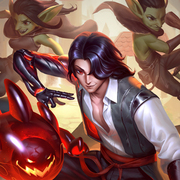
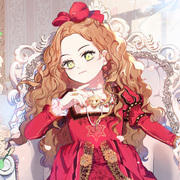
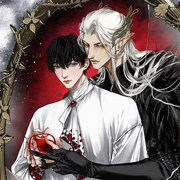

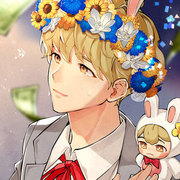


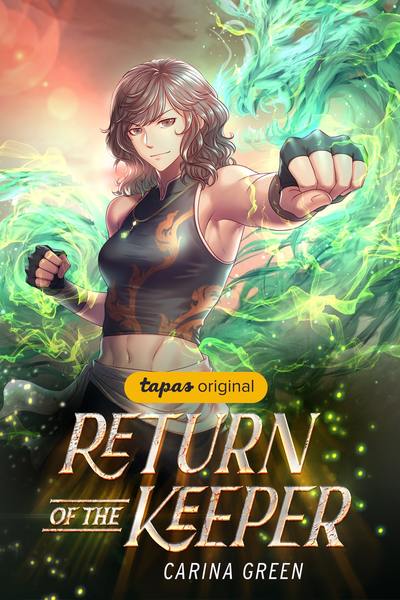
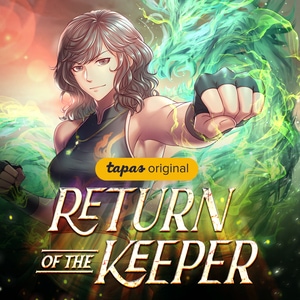
Comments (10)
See all